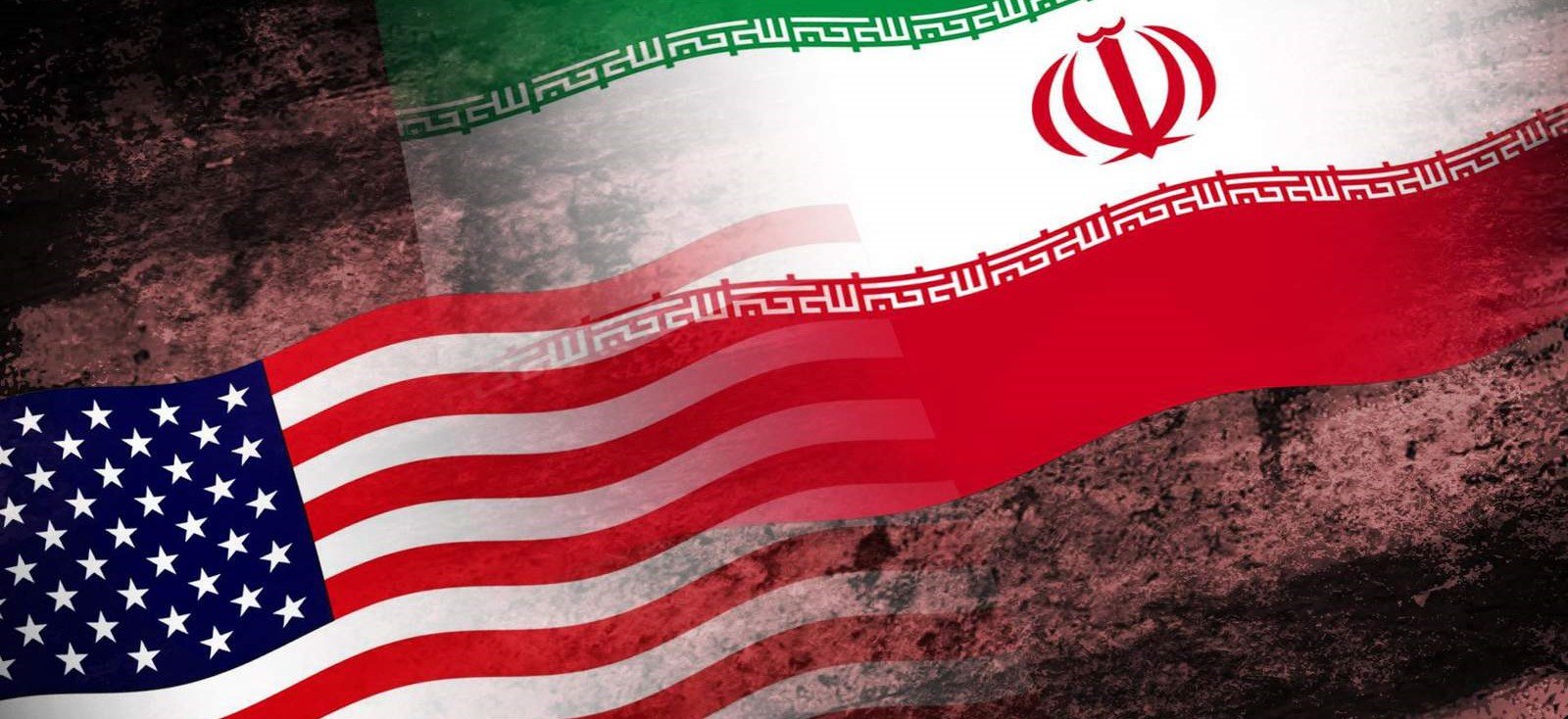

Mar
The assassination of Quassem Soleimani represents yet another piece in a (complex but coherent once you make sense of it) regional puzzle and the more pieces are added, the more we realize that a picture of a conflict between the US and Iran is being painted, with the many ramifications this brings about when other variables are included in the equation, variables such as Russia and… yes, China.
Does China want a conflict between the United States and Iran?
It ultimately depends on which type of conflict we are referring to.
China is most definitely in favor of any kind of “cold” conflict that revolves around sanctions, bellicose statements (including, yes, Donald Trump tweets) but not much else. However, the “hotter” the conflict becomes, the more it risks putting geopolitical stability under pressure and this is something China clearly wants to avoid.
Why?
Simply because it is not ready for that just yet.
If China were in a remarkably robust economic situation, corroborated with a military at par with that of let’s say the US, the equation would be quite a bit different. It would be different because China would be bracing itself for an economic calamity brought about by a hot US – Iran conflict as well as perhaps a military one from a position of strength. And in an ideal situation for China, the US would concurrently do so from a position of weakness.
At this point, the exact opposite is valid.
Despite an impressive track record of economic growth, China is not yet perceived by the market as a “safe” destination and as ironic as it may seem, this means that even in the event of an economic calamity brought about by some kind of a conflict between the United States and Iran, China would probably stand to suffer considerably more so than the United States despite the fact that just like when it came to the Great Recession of 2007-2008, the US rather than China was at the epicenter.
Which countries the market perceives as safe haven destinations and which as “risk on” nations is of paramount importance in this instance and, to a significant degree, explains why China does not want a full-fledged conflict between the United States and Iran. In terms of public diplomatic discourse, of course verbiage revolving around China’s desire to promote regional and global stability will be used. More pragmatically speaking, however, there are a wide range of other reasons behind China’s attitude, from economic to military ones.
As peculiar as it may seem, China essentially desires a conflict between the United States and Iran in let’s say just the right dose.
The assassination of Qassem Soleimani represents an example to that effect in light of the fact that:
- Some international partners of the US were irritated by Donald Trump’s decision, as Emmanuel Macron’s move of reaching out to Vladimir Putin and other examples made clear, a decision made without asking allies for their input. While the US has done this during other administrations as well, we need to also add a context which revolves around US allies being already frustrated with other aspects pertaining to Donald Trump to the mix and understand why eventually, a decision such as this one (not necessarily this particular decision) risks representing the proverbial cherry on top of a mountain of issues
- Adversaries of the United States all of a sudden received a diplomatic platform which revolves around the US being aggressive and initiating conflict, even if in the end US intelligence was correct and Soleimani was indeed planning anti-US missions
- The international community tends to be more willing to look the other way when it comes to other countries and their problems, including China’s human rights issues. In a sea of controversy, angry tweets, concerned allies and a wide range of other ingredients, behavior of countries such as China which would have generated major backlash in the past is more likely to slip under the proverbial radar
- There were significant costs involved on behalf of the United States, with them for example deploying additional troops in the region after the assassination for obvious military reasons
- As Machiavellian as it may sound, the fact that an oil-rich region becomes even more unstable than in the past, paving the way for “knights in shining armor” such as China to gain influence… much-needed influence in an area dominated by other players, notably the US of course but other countries such as Russia as well. As also mentioned on other occasions, we are not dealing with Africa here, where China managed to establish itself rather well as the key player
In a nutshell, China might actually be more worried than many geopolitics experts realize despite this seeming to be a textbook situation which results in China benefiting. While at this point in time, a valid case could be made that yes, China is on the receiving end of geopolitical benefits, Beijing has developed the habit of thinking multiple steps ahead. And in the spirit of just that, the Chinese authorities understand that escalation beyond a certain point is anything but in China’s best interest.
“Dosage” and “context” are the operative words in this highly volatile geopolitical landscape and China understands this all too well. To stay on top of developments as far as the US – Iran conflict is concerned as well as developments pertaining to absolutely anything that is relevant to the interests of someone who is interested in gaining exposure to Chinese assets as well as current holders of Chinese assets, the ChinaFund.com team is at your disposal. Simply reach out by sending us a message through our website’s Contact section with your concern(s) and we will get back to you as soon as possible.
